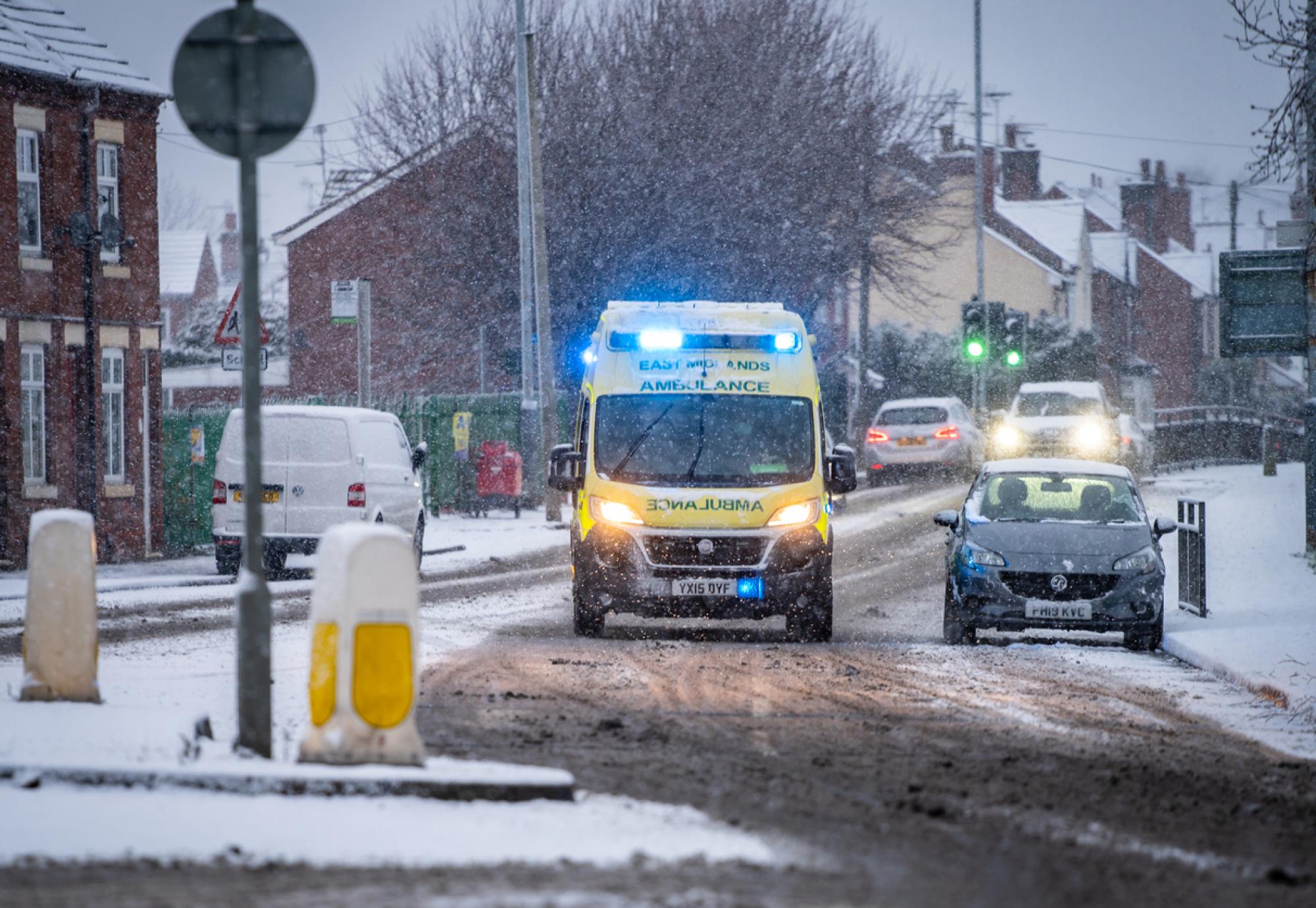The NHS are introducing 24/7 ‘care traffic control centres’ and rapid response teams to help people who have fallen at home, as the health sector goes “further than it ever has before” in preparation for what could be the busiest winter ever.
The new 24/7 control centres – dubbed “data-driven war rooms” – are expected to be rolled out in every local area and will manage demand and capacity by continuously tracking beds and attendances – a move that will see all activity and performance reviewed for the first time.
Spearheaded by teams of clinicians and industry experts, these new war rooms will allow health professionals to make rapid decisions on any emerging challenges.
As well as this, falls response services will be expanded, enabling teams to go directly to people’s homes or care homes and treat people who have had a fall – this is anticipated to save around 55,000 unnecessary ambulance trips a year, freeing up responders to treat more patients and make other trips.
Also coming to local areas will be new hubs dedicated solely to serious respiratory infections, allowing patients to get the same quality of care as inside a hospital, whilst also freeing up capacity ahead of the intense festive period, with modelling indicating that respiratory infections are expected to occupy up to half of all NHS beds this winter.
NHS chief executive, Amanda Pritchard, said: “Winter comes hot on the heels of an extremely busy summer – and with the combined impact of flu, COVID-19 and record NHS staff vacancies – in many ways, we are facing more than the threat of a ‘twindemic’ this year.
“So it is right that we prepare as much as possible – the NHS is going further than it ever has before in anticipation of a busy winter, and today we have set out further plans to step up these preparations – building on our existing plans to boost capacity set out in August this year.
“Whether it be new services to support people who have fallen at home, hubs to treat respiratory infections, or system control centres helping us to navigate pressures across the entire country, every one of these initiatives will make a real impact on the ground – helping to relieve pressure on frontline staff as well as seeing patients quickly and directing them to where they can receive the best possible care.”
In just September alone, the NHS has created an extra 1,200 beds in preparation of the busy winter ahead – the equivalent of 7,000 new beds by March.
Matthew Taylor, chief executive of the NHS Confederation, said: “This winter could be the toughest on record for the NHS, which is exactly why services are working together early on to make sure patients get the care they need, where they need it most.
“With falls leading to thousands of ambulance call-outs and admissions to A&E, it is vital that the NHS uses its limited resources to best effect as this will provide value for money to taxpayers and improve patient experience.”



















